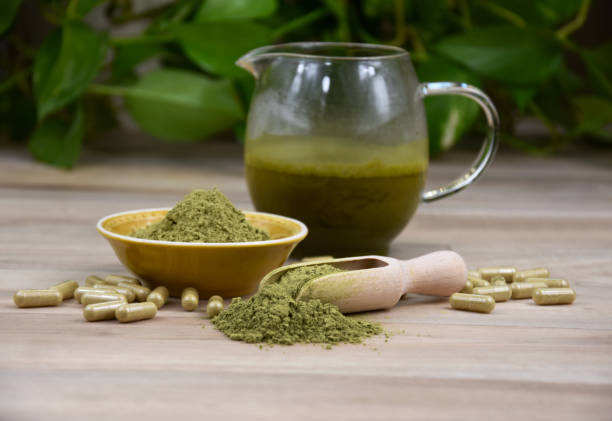Kratom, a tropical plant native to Southeast Asia, has garnered attention in the fitness world as a potential performance booster. Traditionally used for its medicinal properties, kratom contains alkaloids such as mitragynine and 7-hydroxymitragynine, which interact with opioid receptors in the brain, producing effects that range from pain relief to increased energy. Athletes and fitness enthusiasts have started exploring kratom for its potential benefits in enhancing physical performance, improving recovery, and managing pain and fatigue, though its use remains a subject of debate. Kratom is said to provide a natural energy boost, which can enhance focus, motivation, and endurance during workouts. For those involved in high-intensity activities such as weightlifting, CrossFit, or endurance sports, this boost in energy may help them push through physical limitations. The stimulating properties of kratom are often compared to caffeine, though some users report a smoother energy increase with less of the jittery or anxious feelings associated with other stimulants.
Additionally, kratom is believed to increase mental clarity, which can improve concentration and overall workout performance. Another appealing aspect of kratom in the fitness community is its potential to aid in post-exercise recovery and Click Here to know more. After intense training sessions, muscle soreness and fatigue are common, often hindering performance in subsequent workouts. Kratom’s analgesic properties may help alleviate pain and reduce inflammation, making it easier for athletes to recover more quickly. This natural pain-relieving ability could be particularly helpful for those suffering from chronic pain or injuries, allowing them to maintain their fitness routines without relying on prescription medications. However, it is important to note that kratom’s pain-relieving effects come with a risk of dependency, as the alkaloids in kratom bind to the same receptors as opioids. In addition to its pain-relieving and energy-boosting properties, kratom may also support mood enhancement. The plant has been reported to have mild euphoric effects, which can elevate mood and reduce feelings of anxiety or stress, further contributing to a better workout experience.
Fitness enthusiasts often emphasize the mental aspect of training, and the mood-enhancing properties of kratom could improve overall motivation and consistency in a fitness regimen. Some users even claim that kratom helps reduce social anxiety, making it easier to participate in group fitness classes or competitive sports. Despite its potential benefits, there are concerns surrounding the use of kratom in the fitness world. The lack of regulation and standardized dosing means users may not always know the potency or purity of the kratom they are consuming, which poses health risks. Additionally, prolonged use of kratom has been associated with side effects such as nausea, dizziness, and digestive issues. More significantly, the risk of dependency and withdrawal symptoms mirrors those of opioid drugs, making it crucial for users to approach kratom with caution. In conclusion, while kratom offers intriguing benefits as a potential performance booster in the fitness world, its use remains controversial. The balance between its energizing, pain-relieving, and mood-enhancing effects and the associated risks must be carefully considered.
